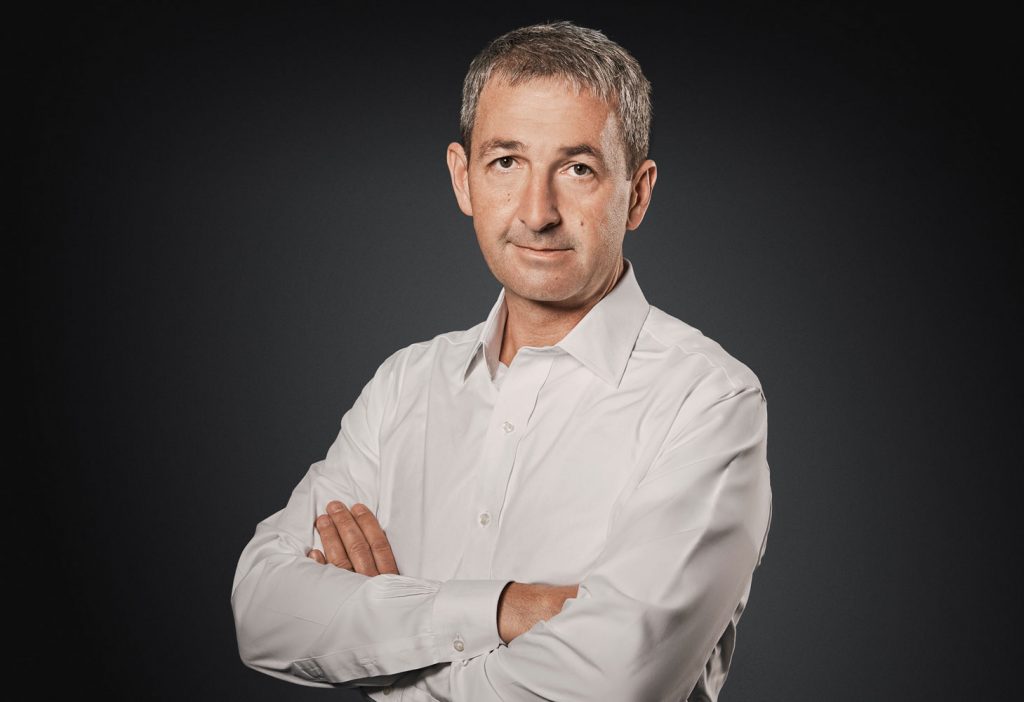CONSTRUCTIONPROJECT MANAGEMENT
The realization of a construction project in one’s home country is already a challenge for everyone, whether layman or professional. Construction measures abroad are consequently considerably more complicated due to the often-present language barriers, country-specific standards, and national regulations.
The goal of project management is to represent your interests in the realization of construction and real estate projects, both technically and economically, with the utmost care on-site. Our tasks include coordinating the individual construction participants, cost control, monitoring deadlines and schedules, checking quality and quantity, maintaining comprehensive documentation, conducting daily site inspections, and providing weekly reports with photo documentation. However, not only construction-specific knowledge is necessary to complete a project successfully and goal-oriented, but also a high level of experience with authorities, local construction methods, and local companies.
We know that every project is unique and individual. With our know-how, qualified employees, and partners, we can make your dream of owning a home in Mallorca come true.
“Trust is good, control is better.”
Oliver Girharz
Projektmanager

Project Preparation
Project preparation is an essential step toward project success. In this early phase, the project goals (quality – costs – deadlines) must be precisely defined in collaboration with the client and conclusively evaluated with a feasibility study. Once the project goals are defined and finally agreed upon, the project strategy is established, including the selection of architects and engineers, the procurement strategy (e.g., single award vs. partial award vs. general contractor), and the decision management process. Project preparation is the decisive factor for achieving the project goals and thus the foundation for the success of every project!
Execution Planning
Once project preparation is completed, the project manager moves on to execution planning, which has little in common with the architect’s execution planning. This phase of the project includes contract management with planners, pre-meetings with contractors, as well as the preparation and selection of materials (samples, etc.), securing insurance, and more. Additionally, obtaining quotes, creating bid comparisons, and making award recommendations are among the many tasks of the project manager. The goal of this phase is to achieve the smoothest possible project realization without significant construction process disruptions.
Monitoring
The project manager must continuously monitor all project processes and intervene immediately in case of disruptions. In addition to monitoring quality, deadlines, and costs, they must also comprehensively ensure that all parties involved in the construction fulfill their contractual obligations. This monitoring of quality, deadlines, and costs applies not only to the execution of construction measures but also to the performance of architects, engineers, and any other specialized planners and project participants.
Project Completion
With the completion of the construction measures, the project manager’s work is far from finished. Besides preparing a financial project completion report, contracts with electricity and water suppliers must be arranged, and the necessary administrative steps for the certificate of occupancy and the initial occupancy license must be initiated and completed. Additionally, defect management after the acceptance of the construction work is one of the project manager’s tasks, as well as the preparation of maintenance contracts.
The main tasks of the project manager are best described by the overarching terms control, coordination, and communication. They must control and coordinate the entire construction process from both a commercial and technical perspective. They must consider the legal and tax aspects, be communicative, and possess the ability to grasp the bigger picture. According to the motto “Trust is good, control is better,” the project manager should ideally be on the construction site daily, depending on the progress. This is the only way to ensure that adequate quality control actually takes place and that they are sufficiently informed about everything.
Impressions



